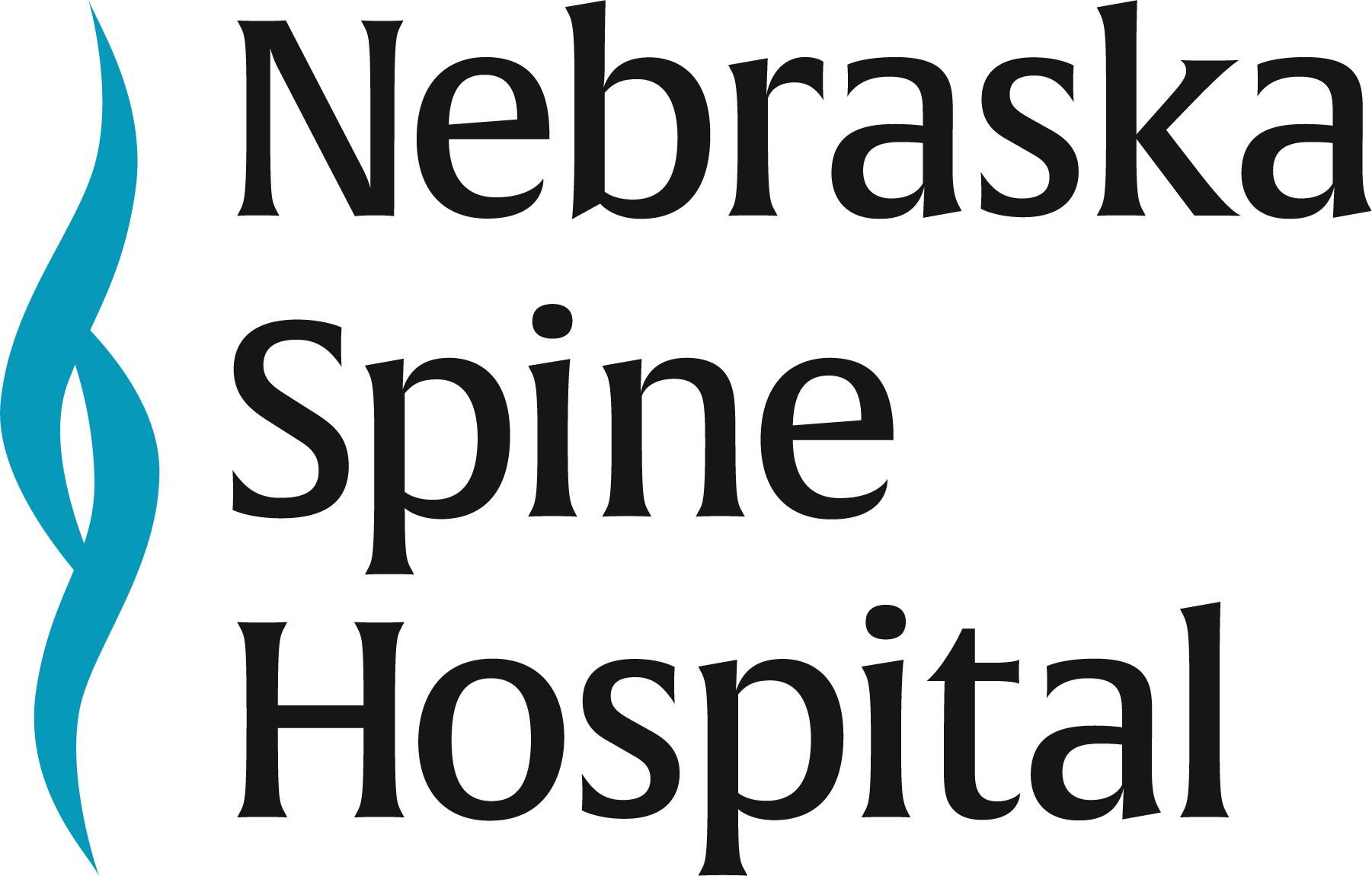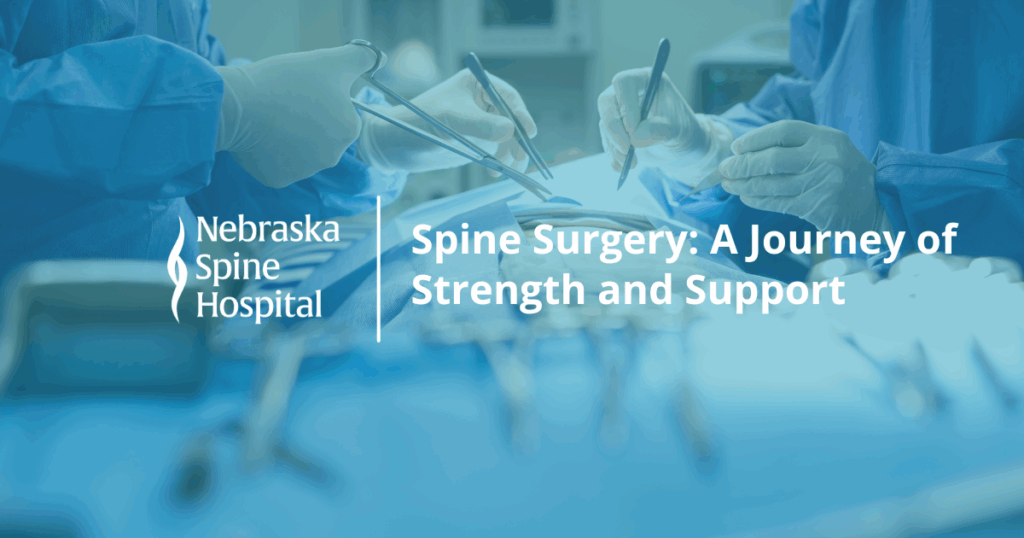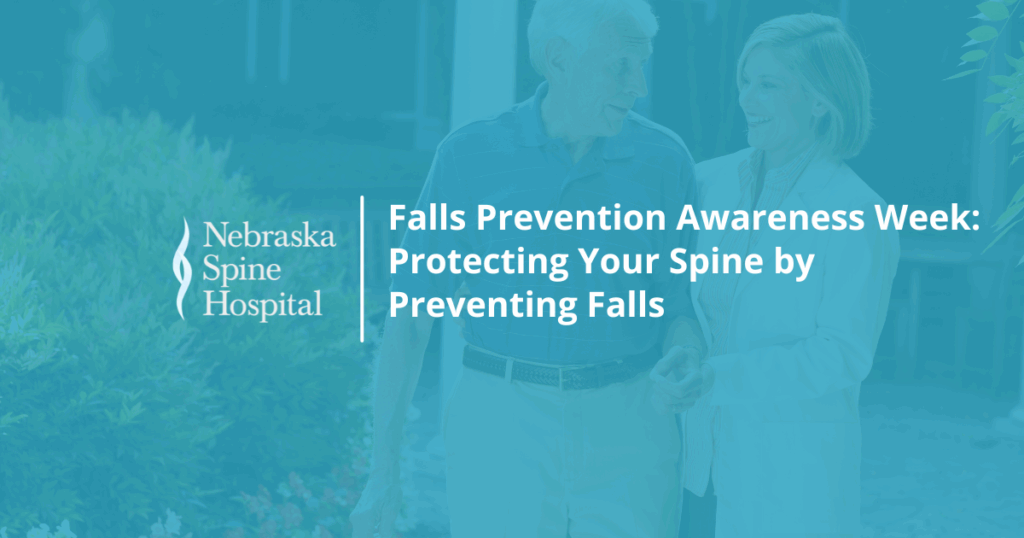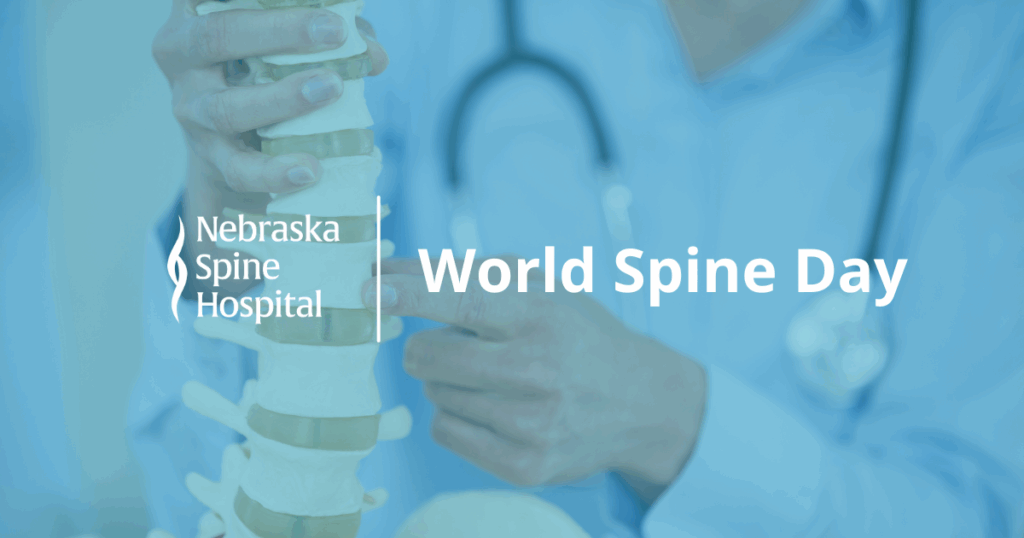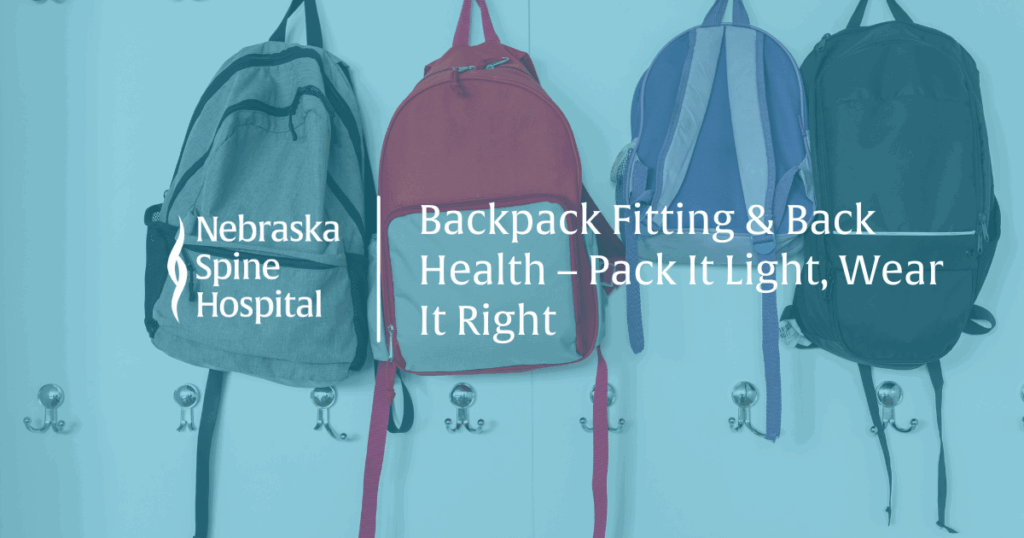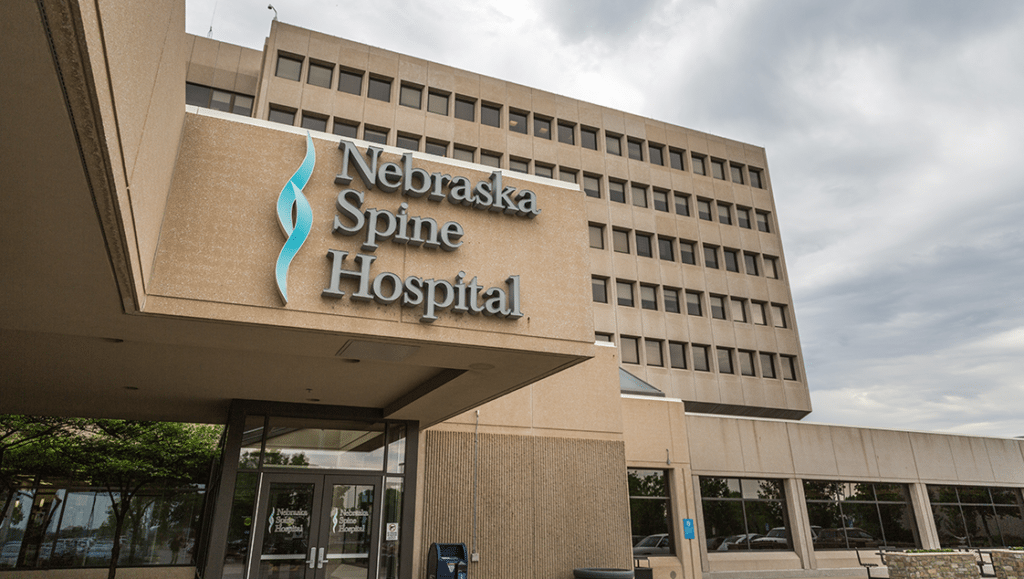Spinal fusion surgery is one of the most common surgeries we do here at Nebraska Spine Hospital. In fact, it’s one of the most common spinal surgeries period. You might be surprised to find out a very common reason that non-fusion occurs –smoking.
Non-Fusion: Many studies have proven that the rate of non-fusion in smokers is as high as 2x that occurring in non-smokers. That means smokers run a much higher risk of an unsuccessful surgery. It’s no secret that nicotine has negative effects on bone growth, which is essential for a healthy and successful fusion to occur. Smoking can cause decreased revascularization, and that means the bone graft from the surgery isn’t getting the nutrients it needs due to low blood supply. When this happens, a fusion cannot successfully form. In addition, smoking is known to have anti-inflammatory effects, further interfering with a healthy fusion.
Post Fusion: Beyond the fusion process, smoking can cause further issues even if the smoking patient achieves spinal fusion. Smoking has been linked to the acceleration of disc degeneration, which contributes to ongoing or chronic spine issues, even post successful fusion. Studies have also found that health issues such as pulmonary disorders and cardiovascular problems can slow down or even inhibit the patient from regaining their pre-surgery, normal functionality.
The solution sounds simple –have the patients quit smoking. Even non-smokers know there’s more to it. Nicotine is a highly addictive drug, and very often, even the risk of major surgical complications can’t break that addiction. That’s why the Nebraska Spine Hospital offers patients the Surgical Readiness Program.
Surgical Readiness Program: It’s not enough to tell patients to lose weight, to start exercising or to quit smoking. We don’t believe our responsibility to our patients ends there. We won’t make patients take that journey on their own, and potentially face defeat. Instead, we offer one-on-one care and support to help pre-surgical patients achieve whatever health goals are necessary to prepare them for a healthy and successful surgery. These healthy practices will very often continue well after surgery, and ultimately lead to a better quality of life.
As part of the NSH’s value-based care model, surgical readiness coaches are free. If you’d like to learn more about this program and what the coaches do, click here to watch a short, informative video.

